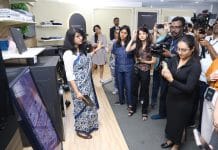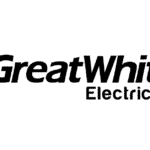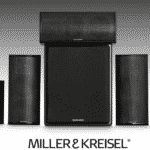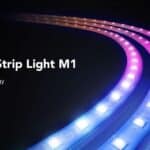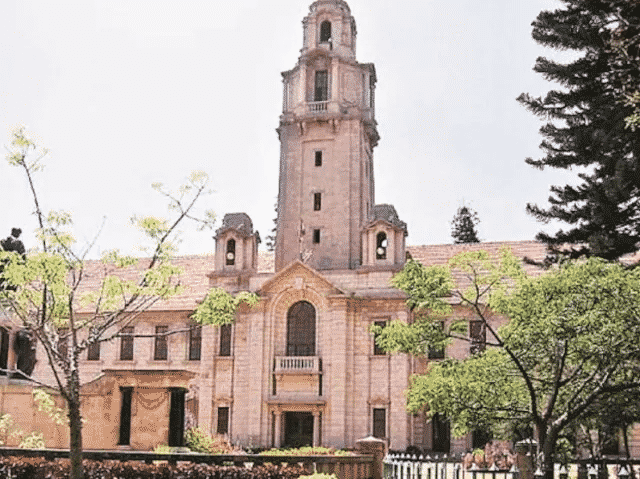
A separate agreement was signed for exploring the growth potential of the electronics and semiconductor industry in India.
The Indian Institute of Science (IISc) Bangalore and US industry association SEMI will be cooperating in building quantum technologies, according to a memorandum of understanding (MoU) the two sides signed at the Semicon India-2022 conference in Bengaluru. SEMI and India Electronics and Semiconductor Association (IESA) also announced an agreement for exploring the growth potential of the electronics and semiconductor industry in India. This will bring global major players in semiconductors to leverage opportunities in India’s semiconductor ecosystem.
“There has been an exponential growth in electronics production in India,” said Rajeev Chandrasekhar, Minister of State for Electronics & Information Technology and Skill Development & Entrepreneurship. “The sector has grown to fulfill domestic demand and to export globally. This is fueling the demand for microprocessors and chips. The time is ripe for India to rise and take up this challenge head-on.”
India recently announced the Digital India RISC-V (DIR-V) Program to develop Shakti and Vega RISC-V processors. The overall aim is to enable the creation of new microprocessors in India for the world and achieve industry-grade silicon and design wins by December 2023. DIR-V Program with Prof. Kamakoti, Director, IIT Madras as Chief Architect and Shri Krishna Kumar Rao as Program Manager has been initiated with a vision to make India not only a RISC-V Talent Hub for the World but also a supplier of DIR-V solutions for servers, mobile devices, automotive, IoT and microcontrollers across the globe.
DIR-V has announced five MoUs for the use of indigenously developed RISC-V Processors Shakti and Vega. There is a partnership between Sony India and DIR-V Shakti Processor (IIT Madras) for the systems and products developed by Sony. Another partnership is with ISRO Inertial for the development of high-performance SoCs (System on Chip) and fault-tolerant computer systems.
There is an MoU between the Indira Gandhi Centre for Atomic Research (IGCAR), the Department of Atomic Energy, and the DIR-V Shakti Processor (IIT Madras) for the systems and products developed by IGCAR. Another partnership is MoU between Bharat Electronics Limited (BEL) and DIR-V Vega Processor (C-DAC) for Rudra server board, cyber security, and language solutions. Lastly, an MoU was signed between the Centre for Development of Telematics (C-DOT) and DIR-V Vega Processor (C-DAC) for the 4G/5G, broadband, IoT (Internet of Things), and M2M (machine to machine) solutions.






